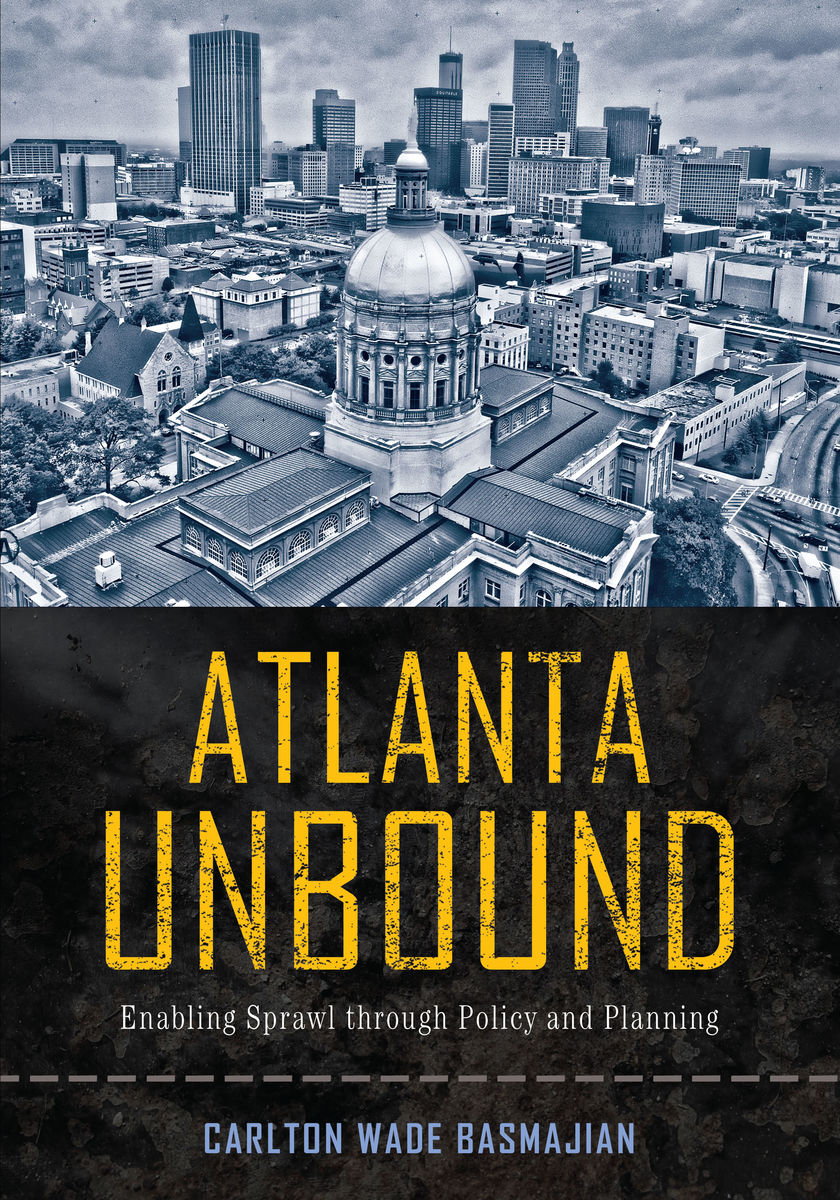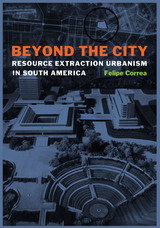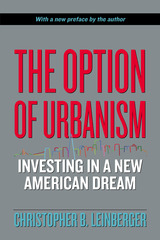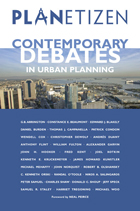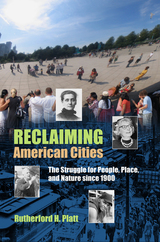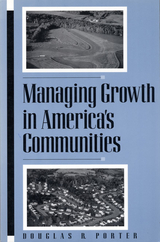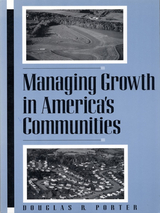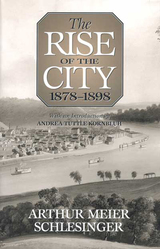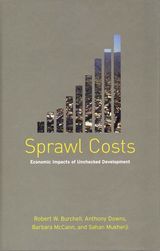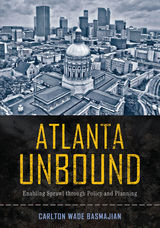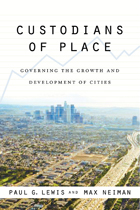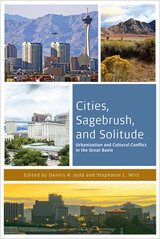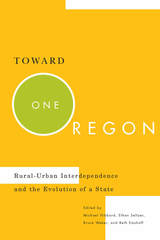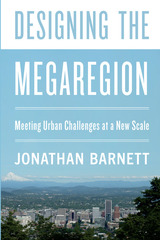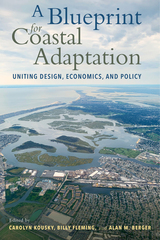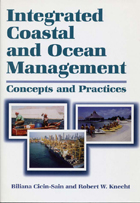Atlanta Unbound: Enabling Sprawl through Policy and Planning
Temple University Press, 2015
eISBN: 978-1-4399-0941-6 | Cloth: 978-1-4399-0939-3 | Paper: 978-1-4399-0940-9
Library of Congress Classification HT384.U52A824 2013
Dewey Decimal Classification 307.121609758231
eISBN: 978-1-4399-0941-6 | Cloth: 978-1-4399-0939-3 | Paper: 978-1-4399-0940-9
Library of Congress Classification HT384.U52A824 2013
Dewey Decimal Classification 307.121609758231
ABOUT THIS BOOK | AUTHOR BIOGRAPHY | TOC | REQUEST ACCESSIBLE FILE
ABOUT THIS BOOK
Looking at Atlanta, Georgia, one might conclude that the city’s notorious sprawl, degraded air quality, and tenuous water supply is a result of a lack of planning—particularly an absence of coordination at the regional level. In Atlanta Unbound, Carlton Wade Basmajian shows that Atlanta’s low-density urban form and its associated problems have been both highly coordinated and regionally planned.
Basmajian’s shrewd analysis shows how regional policies spanned political boundaries and framed local debates over several decades. He examines the role of the Atlanta Regional Commission’s planning deliberations that appear to have contributed to the urban sprawl that they were designed to control. Basmajian explores four cases—regional land development plans, water supply strategies, growth management policies, and transportation infrastructure programs—to provide a detailed account of the interactions between citizens, planners, regional commissions, state government, and federal agencies.
In the process, Atlanta Unbound answers the question: Toward what end and for whom is Atlanta’s regional planning process working?
In the series Urban Life, Landscape, and Policy, edited by Zane L. Miller, David Stradling, and Larry Bennett
See other books on: City Planning & Urban Development | Planning | Population | Urban policy | Urbanization
See other titles from Temple University Press
